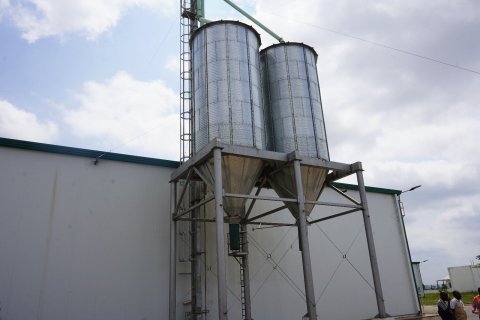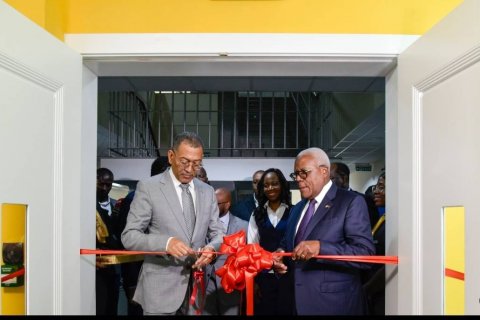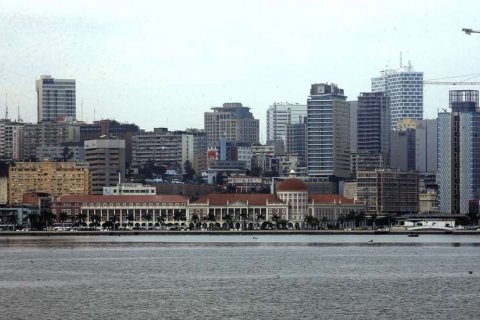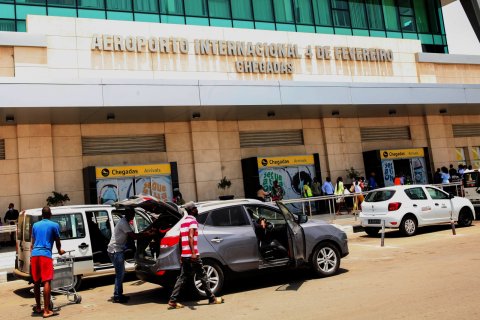José de Lima Massano was speaking at the opening of the 40th Angola International Fair (Filda), which runs until Sunday in the province of Icolo e Bengo. It features 2,194 direct and indirect participants and the presence of 18 countries, including Portugal, with 15 companies exhibiting their products.
According to the minister, the stimulus to the national economy and ongoing structural reforms "are beginning to produce encouraging results," emphasizing the notable growth and influence of non-oil sectors on Gross Domestic Product (GDP) in recent years.
"Agriculture, for example, currently represents about 19 percent of GDP, compared to only 13 percent in 2017, and has been growing at an average annual rate of 6 percent. Manufacturing resumed growth in 2024, growing by about 2.84 percent, and its share of GDP is now 7.59 percent, with food processing accounting for about 33 percent of this manufacturing sector's activity," he noted.
The minister emphasized that despite this economic performance in 2024, and even with the positive growth the country recorded again in the first quarter of 2025, of about 3.5 percent, it is necessary to "recognize that the challenges of economic diversification are still complex and demanding."
"As corrections and reforms remain necessary to overcome vulnerabilities and ensure consistent economic growth and comprehensive and lasting social gains, we need everyone's understanding and the continued engagement of citizens and businesses," urged José de Lima Massano.
The minister emphasized that Filda participants and visitors, business leaders, have the power not only to grow their own companies and businesses, but also to jointly shape the future of the economy and the community.
"I would like to take this opportunity to appeal to companies operating in Angola: get to know each other better, identify your needs for inputs and services, and share this information without fear. Whenever possible, establish long-term supply agreements to provide security to business partners," said José de Lima Massano.
The minister also urged companies to publish their financial reports and accounts "to instill confidence in investors, financiers, and employees."
"Showcasing what is done well in Angola is not just a matter of marketing; it is a strategic step to stimulate domestic consumption, attract partnerships, and foster development and economic integration," he emphasized.
The Angolan government will continue to adopt consistent public policies that contribute to macroeconomic stability, facilitate market organization and access, and stimulate financing and productive investment, the minister assured.
Regarding business support, the minister highlighted the recent capital increase of the Development Bank of Angola (BDA) and the Credit Guarantee Fund (FGC), with support from the World Bank (WB), as well as the launch by FADA of "Transforma Aqui," a product to support the development of small and medium-sized industries in rural areas.
The Minister of State for Economic Coordination also announced the beginning of this month of the elimination of bureaucracy in export procedures, "making foreign trade less burdensome and more fluid," as part of the improvement of the business environment.







